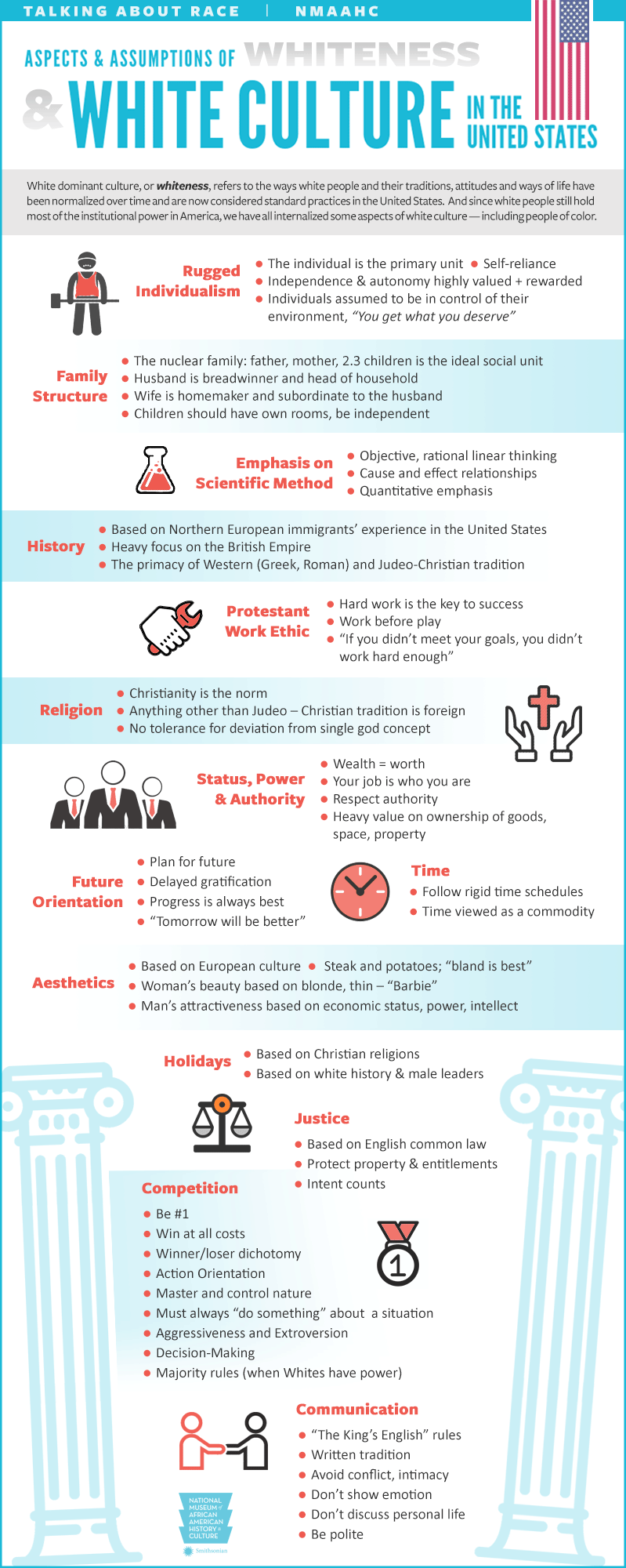I’ve recently started reading the works of Renzo Novatore, and Italian individualist anarchist. His writings on anarchism can almost be seen as a sequel to the writings of Max Stirner. One of his more famous quotes struck a chord with me.
Anarchy is not a social form, but a method of individualization. No society will concede to me more than a limited freedom and a well-being that it grants to each of its members. But I am not content with this and want more. I want all that I have the power to conquer. Every society seeks to confine me to the august limits of the permitted and the prohibited. But I do not acknowledge these limits, for nothing is forbidden and all is permitted to those who have the force and the valor. Consequently, anarchy, which is the natural liberty of the individual freed from the odious yoke of spiritual and material rulers, is not the construction of a new and suffocating society. It is a decisive fight against all societies-christian, democratic, socialist, communist, etc, etc. Anarchism is the eternal struggle of a small minority of aristocratic outsiders against all societies which follow one another on the stage of history.
When I started entertaining the idea of a stateless society, I spent a lot of time imagining what such a society would look like. I did this in part because I wanted to understand if anarchism could work and in part because the first question a statist asks an anarchist is how could [insert any state provided good or service] exist without government? The statist usually pats themselves on the back because they think that their question is both creative and unanswerable, but in reality the question merely demonstrates their lack of creativity.
However, as I traveled the path of individual anarchism I encountered increasingly radical authors. Friedrich Nietzsche introduced me to the concept of master and slave morality and the idea that those who follow a slave morality aren’t interested in making slaves into masters, but in making masters into slaves. I began to notice this phenomenon everywhere, especially amongst those who say that they want absolute equality for all. The equality they strive for isn’t one where all individuals hold absolute power, but one where all individuals are subjected to the whims of others.
After Nietzsche I came across Max Stirner. Stirner introduced me to the concept of spooks: imaginaries mistakenly treated as real. These imaginaries are most commonly used to restrain the individual. Whenever somebody claims that we live in a society or refers to a social contract, they’re arguing that the existence of the society and its accompanying contract are greater than any individual and thus every individual must subject themselves to them. But the concepts of society and social contracts are make-believe. They cannot think, reason, or act. As Ludwig von Mises said, “All rational action is in the first place individual action. Only the individual thinks. Only the individual reasons. Only the individual acts.”
If society is a spook, then imaging an anarchist society is an exercise in creating fiction. If the goal of anarchism isn’t the creation of a society, then what is it? Now I want to return to Novatore, because his quote about anarchism explains what I’ve had a difficult time explaining. Anarchism by his definition can almost be thought of as anti-society. Whereas the concept of society attempts to restrain the individual, anarchism attempts to empower the individual.
As Novatore notes, the concept of society always offers a limited freedom. Whenever one imagines a society, they imagine prohibitions. The monarchist imagines a benevolent and just ruler establishing sensible restrictions that benefit all. The constitutionalist imagines a document written by wise men explaining methods for justly creating new restrictions. The communist imagines worker collectives deciding new restrictions by majority votes.
Anarchism viewed as anti-society can be thought of as a refutation of restrictions placed upon the individual by coming to the realization that society doesn’t exist. Just as society is an imaginary, so are its laws. George W. Bush was accused of referring to the Constitution of the United States as just a “goddamn piece of paper.” This accusation lead to a great deal of outrage, but the statement he was accused of uttering is correct. The Constitution is just a piece of paper. It has no power to think, reason, or act and it cannot restrain an individual from thinking, reasoning, or acting. This is true of all laws. Laws cannot stop an individual from murdering, raping, or stealing anymore than the boogeyman.
The pursuit of anti-society is the pursuit of exorcising spooks from your mind. It is the pursuit of breaking the chains which you’ve placed upon yourself by allowing yourself to believe that imaginary concepts can control your actions. It is the pursuits of the realization that those imaginary concepts aren’t real and therefore have no power over you.
Based on what I’ve written so far you probably assume that anti-society is a synonym for social Darwinism, a world where the strong prey upon the weak. It’s a fair assumption for one who has spent their entire life being taught and subsequently believes that societal restrictions prevent the strong from preying on the weak. In practice the opposite is true. Societal restrictions are established by the strong. Those who are called kings, representatives, and the majority are the conquerors. Those who are called subjects, citizens, and the minority are the conquered. The idea of society is the idea of the strong establishing restrictions for the weak to follow.
Anti-society has only been pursued by a minority of individuals. If pursued on a massive scale, anti-society might do a better job of preventing murder, rape, theft, and other activities you likely associate with unlimited individual freedom. A world where everybody has a nuclear weapon might be less predatory than a world where only a handful of individuals do. The doctrine of mutually assured destruction did dissuade the United States and the Soviet Union from entering a direct war with one another. Or it might not. It’s impossible to know and, if I’m being honest, I don’t care.
What I know for certain is that I’m no longer interested in a limited freedom. I want to break the chains I’ve placed upon myself. I want unlimited freedom. Perhaps you do too. If so, I welcome you to join me on my journey towards anti-society. If not, I respect your choice and will not insist that you follow me. But I’m going and nothing you say or do will stop me.

